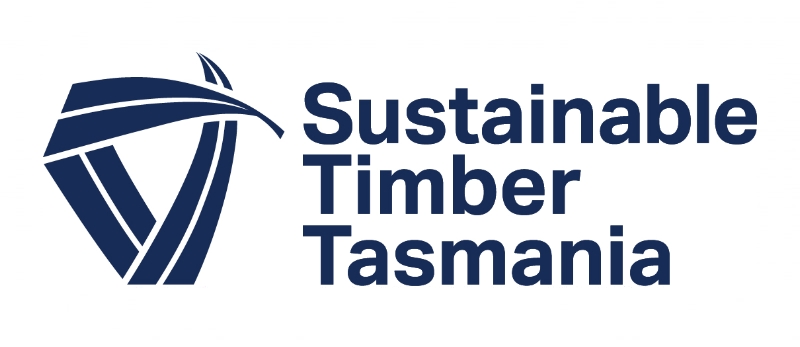COVID-19 Recommended Practices for Tasmanian Forest Industry Operations
The Tasmanian Forest Industry has released a document of recommended practices to help the industry to continue to operate safely as COVID-19 restrictions ease. The 45-page document “COVID-19 Recommended Practices for Tasmanian Forest Industry Operations” was created as a collaboration between industry stakeholders in Tasmania, on the Mainland and abroad.
The document details the steps each part of the supply chain can take to stay safe.
COVID Safe Workplace Guidelines
The Tasmanian Government has released the COVID Safe Workplace Guidelines for the Forestry Industry (the Guidelines). The Guidelines set out what employers should do as they continue, or seek to resume, business operations. By following these Guidelines, workplaces will be able to show their compliance with minimum standards determined by Public Health, and with the requirements of the Work Health and Safety Act. This will help keep workers and others safe from COVID-19.
The Guidelines are intended to work with, and indeed heavily reference, the forest industry-endorsed COVID-19 Recommended Practices for Tasmanian Forest Industry Operations – which detail how to put guidelines into practice relative to each sector of the forest industry.
The Tasmanian Government Coronavirus website provides the latest information for the Tasmanian community on COVID-19.
Forest Industry Communications COVID-19 Updates
For the Tasmanian Forest Sector, The Department of State Growth has collated the latest COVID-19 information, support and assistance relevant to the sector in a concise document, which is updated regularly.
The latest fact sheet is available to download below.
Download fact sheet
Forest Industry Situation Report as at 22 May 2020
Based on information compiled by the Department of State Growth
Current Situation:
- The harvesting, haulage, processing and export of forestry products is continuing despite some significant impacts and challenges from the Covid-19 pandemic.
- Two southern processing facilities are closed, both companies citing Covid-19 as at least partially responsible for the closures:
o On 23 March Neville Smith Forest Products Southwood mill temporarily closed.
o On 25 March Ta Ann Tasmania temporarily closed its Southwood and Smithton mills to be reviewed at the end of May. - Britton Timbers in Smithton advise that they are trading a little below full production due to the impact of Covid -19 restrictions including precautionary staff absences. Sales are holding along with the Sydney market particularly confident.
- Sustainable Timber Tasmania has advised its southern native forest contractors are operating at reduced capacity. Customer log stocks are being monitored. It is likely that the current quota restrictions will need to be applied until the end of May.
- Domestic consumption of paper has fallen, in particular advertising grade paper. This may have an impact on Norske Skog operations.
- Contractors working in the private plantation sector are yet to report any disruption to operations.
Export Markets:
- Covid-19 is impacting global trade and export markets for forest products in complex ways. This is further complicated by the different stages key countries are at in terms of dealing with the pandemic. Latest advice suggests that the key Chinese markets are recovering:
- Whole log exports have recovered from recent lows with increased demand and improved prices. Stocks on Chinese ports have begun to reduce as China returns to work.
- Woodchip exports continue to improve, albeit at reduced prices, as the Chinese pulp and paper manufacturing sector recovers. Companies with forward contracts report strong demand at satisfactory price levels, whilst those without suggest the current market is patchy (although the outlook appears positive).
- A recent market announcement from Midway Ltd noted that “the Japanese pulp and paper sector is now being adversely affected by the recent lock-down in response to the Covid-19 pandemic”. Although there has not been any material impacts reported for Tasmanian forestry exports into Japan.
- A current shortage of shipping containers is impacting the ability to export containerised products.
Critical Risks and Issues:
- A continued shortage of shipping containers could result in a prolonged suppression of the export of containerised products.
- A limited number of pilots and train drivers to move forestry freight.
- Qualified contractors to perform key ship loading functions, such as inspectors who perform woodchip inspections (for insects) to China and Taiwan, are limited.
- Essential supply chain operations remain at risk from restrictions to curb the spread of COVID-19.
- The reduced demand for sawlog and peeler billets (from temporary sawmill closures) is likely to result in decreased pulpwood availability from public native forests.
- Forestry and housing industry peak bodies have expressed concerns that detached home-building, already at a 6 year low, will fall even further. This would result in a suppressed demand (potentially halving) for softwood (for house framing) and hardwood (for moulding and joinery) finished products, over the next six months.
Current Response:
- Both the Australian and Tasmanian governments have announced stimulus packages. Tasmanian Government – Business and Industries
- Impacted businesses are asked to contact Business Tasmania.
- Industry and Government are working hard to identify and address supply chain bottlenecks and potential restrictions.
- Key industry associations have written to both Governments stating that forestry is an essential service that is critical to the food and fibre supply chain including for the production of: construction materials (e.g. sawn timber and veneer), tissue, newsprint (Norske Skog produces the majority of Australia’s newsprint) and residue for biomass industrial & domestic purposes in associated critical industries (heating homes and industries such as dairy and meat production).
- A small number of technical roles maintaining key forestry equipment and plant, undertaken by interstate specialists, have been identified. Industry will identify these essential travellers as needed.
COVIDSafe App
The Australian Government has launched a new voluntary app COVIDSafe which is designed to help keep everyone safe. For additional information on the COVIDSafe APP including its Privacy Policy, please visit Australian Government Department of Health website. The COVIDSafe App is available for downloaded from the App store.
New Tasmanian mental health support
The Tasmanian Government has provided $875,000 in funding to establish a new phone service called 1800 98 44 34 – A Tasmanian lifeline as part of our $985 million Social and Economic Support Package.
This new phone line is for any Tasmanian who may feel stressed about COVID-19, is anxious about the future, finding social isolation a challenge, or simply need a friendly and understanding voice to talk things over with for advice, information, comfort and reassurance.
The phone line is now live, and is staffed by Lifeline Tasmania from 8am to 8pm, 7 days a week. Call 1800 98 44 34.
Call in: Tasmanians will receive psychosocial support from a trained support worker to discuss their concerns, and if appropriate be linked in to a referral service.
Call out: Contacting socially isolated older Tasmanians identified through existing services, family and friends who are concerned, or by other health professionals.
Reach out: In partnership with industries significantly impacted by coronavirus, identify and reach out to individuals who may need support, counselling or linking in with employee assistance programs.
For more mental health support, please visit our web page.
Government engaging with Industry during COVID-19
The Department of Agriculture, Water and Environment recognises that our agriculture, fisheries and forestry industries are essential, and that these industries must stay strong through this unprecedented period.
Mark Tucker has been appointed as Senior Agriculture Industry Engagement Officer to work closely with industry as a central point of contact. You can keep informed with this document: COVID-19 Industry Engagement article.
For more information, visit the COVID-19 Industry Engagement page HERE.
Rapid Response Skills Initiative
As a response to the current COVID-19 situation affecting business, on March 27 2020, the Tasmanian Government announced an increase in funding and scope to the Skills Tasmania administered Rapid Responsive Skills Initiative.
There are two distinct streams of support for employers and job seekers as described HERE.
Further details, including the Guidelines, are available HERE or please contact Allan Kenny (0438 371 183) or Bill Duhig (0400 843 804) from Skills Tasmania, or Nick Prokopiec (0419 425 168) from Searson and Buck.















